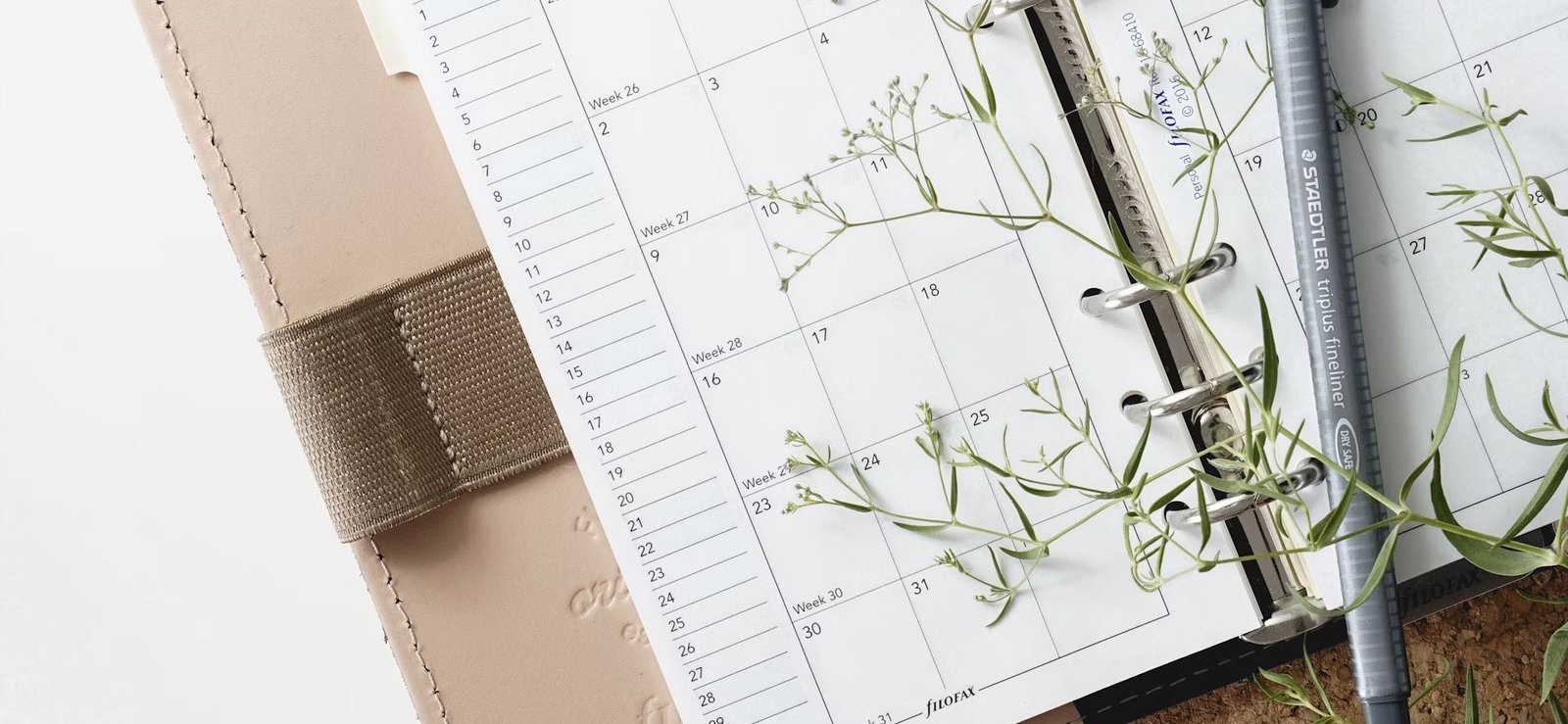
As the year draws to a close, it’s time to consider tax-saving strategies that can optimize your deductions and help defer end-of-the-year income. Certified Public Accountant Sue Miller, based in McLean, Virginia, offers valuable insights into smart tax-saving tips:
- Clean Out and Donate
- Review Charitable Contributions
- Donate Appreciated Stock
- Consider Taking Stock Losses
- Prepay State Taxes
- Medical Expenses Deduction
- Early Mortgage Payment
- Delay Invoicing
- Consider Retirement Contributions
- Consult Your Accountant
1. Clean Out and Donate:
- Organize your belongings, including clothes and toys, and donate items to local charities.
- Decluttering not only benefits others but also allows you to claim deductions for charitable contributions.
2. Review Charitable Contributions:
- Assess your charitable contributions and, if below your desired level, consider making additional donations.
- Contributions made before the year-end are still tax-deductible.
3. Donate Appreciated Stock:
- Contribute appreciated stock to your preferred charity, enabling you to deduct the fair market value.
- This strategy allows you to minimize out-of-pocket costs, as the deduction is based on the stock’s original purchase price.
4. Consider Taking Stock Losses:
- Offset capital gains by selling stocks that have incurred losses during the year.
- This can help manage your overall tax liability.
5. Prepay State Taxes:
- If you anticipate owing state taxes, make the payment by December 31, instead of waiting for the January 15 deadline for the fourth-quarter estimated payment.
6. Medical Expenses Deduction:
- To qualify for a medical expenses deduction, ensure that your out-of-pocket medical expenses exceed 7.5 percent of your adjusted gross income.
- Schedule additional medical appointments or necessary purchases to meet this threshold.
7. Early Mortgage Payment:
- Consider making your January mortgage payment in December to claim an additional interest deduction on your tax return.
8. Delay Invoicing:
- For cash-basis, self-employed taxpayers, delay sending December invoices to customers to defer income into the following tax year.
9. Consider Retirement Contributions:
- If self-employed, explore setting up a pension plan for your business. Keogh plans must be established by December 31.
- If the deadline is missed, a SEP (Simplified Employee Pension) plan can be set up by the tax return due date.
10. Consult Your Accountant:
- Stay informed about the latest deductions by consulting your accountant.
- Understanding the current tax landscape ensures you don’t miss out on potential opportunities to save money.
By strategically implementing these year-end tax strategies, you can not only optimize your deductions but also position yourself for a more tax-efficient financial future. Don’t hesitate to seek advice from your accountant to stay abreast of the latest developments in tax regulations.
You may also like:- 14 Dirty Little Secrets That Will Boost Your Productivity
- Prove Lack of Funds or Face Audit – NCLT’s Directive to Byju
- How to Validate Your Business Idea Before Investing Time and Money
- Warren Buffett Eyes ‘Unexplored’ Opportunities in India
- Reliance Industries’ Wyzr – A New Contender in Consumer Electronics
- 5 Reasons Why Feedback is Important
- Breaking News: Republic First Bank Collapses, Seized by Regulators
- Ashneer Grover’s Another Inning in Fintech with ZeroPe App
- ITR E-Filing AY 2024-25 – Key Things to Keep in Mind
- 10 High Value Transactions That May Trigger a Notice From Income Tax Department








